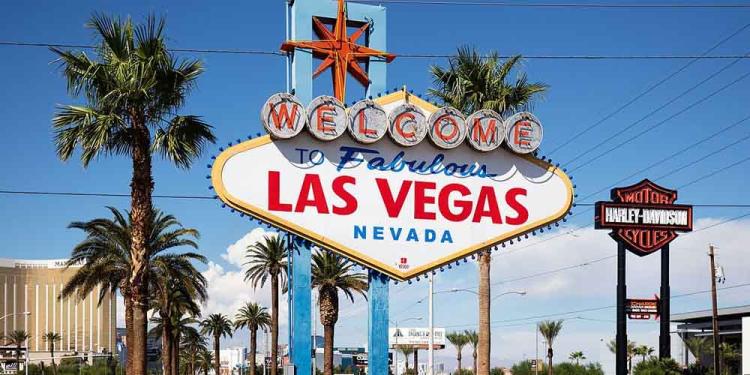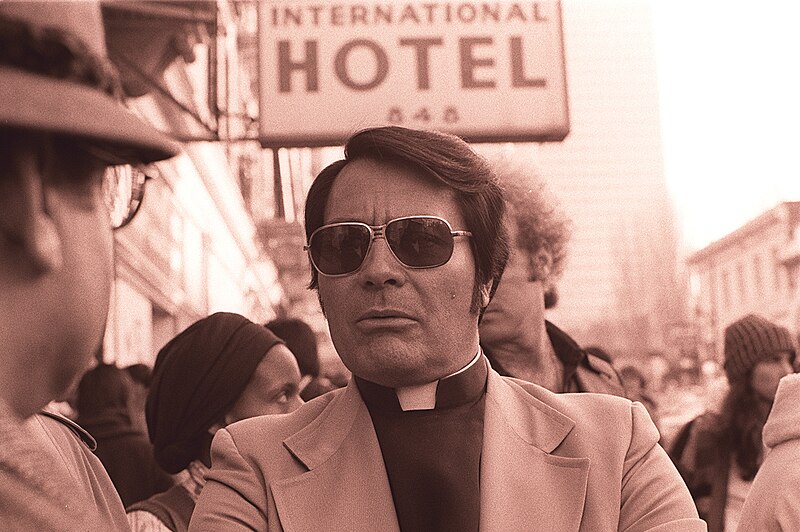Gambling Culture In The US – From Saloons To Superhighway
Posted: May 21, 2020
Updated: May 21, 2020
-
Over Time Betting Became Fabric Within Iconic Americana
-
Gambling Culture In The US Lives On At Sites Like Bovada
-
States Liberalize Laws As Internet Changes Gaming Forever

Image source: Thomas Wolf, www.foto-tw.de / CC BY-SA via Wikimedia Commons
From western saloons to the glitz and glamour of Las Vegas gambling culture in the US is something special. With Hollywood to spread it far and wide, it was the template for many years, but now the landscape is changing. Online betting sites in the US like Bovada are reshaping the market, leaving many scrambling to keep up. If they can. It’s doubtful. Gambling culture in the US may be on the cusp of a divide as the internet finally removes the issue of accessibility.
Gambling culture in the US is a legend. The poker games of western saloons, which festooned Hollywood’s output for decades, are still iconic even today. Even as much of the nation shunned gambling as an illegal vice, cinema all but venerated it. To some degree it still does. The move from gunfight-ridden saloons to gangster-ridden casinos has been almost seamless. Likewise, despite the long-standing of the former status quo, the liberalization of US gambling laws has been pretty smooth.
States watching revenues slip away to those ahead in the race to spawn local casinos haven’t let it become too divisive. The economic necessities outweighing the ideological animosity. Referenda on the subject have often been conspicuous in their half-hearted opposition. This spread of casinos away from the traditional famous gambling hubs could have been the final triumph. Gambling culture in the US victorious over those still morally outraged it’s no longer the 1950s.
US Gambling Market Set For Split?
It wasn’t. The arrival of global internet gambling giants like Bovada has meant another shift is occurring. Even as states scramble to get localized land based casinos up and running, the market is moving online. The same race for liberalization will now replicate itself in the cyberverse. States will chase after the revenues that places like New Jersey, a leader in the field, will eventually see. So, gambling culture in the US is about to go digital, but will this just divide it?
Jim Jones
“A man’s gotta make at least one bet a day else he could be walking around lucky and never know it.”
Going to a casino, be it in Macau, Vegas or Blackpool, had a sense of occasion. This sense of occasion is not, let us be honest, perpetuated by being able to bet on sports in the US on your sofa. In your underpants. Eating Cheetos. This is a whole new world of gambling culture in the US. Consumers, it appears, do seem willing to forgo that special atmosphere one only finds at a casino for convenience’s sake. This would appear to throw the casinos back rather than forward.

Bovada Retains The Essence Of Gambling Culture In The US
Whilst Bovada and it’s like can do a roaring trade amongst the lower orders will the middling and upper classes retake casinos? Will they once again become the haunt of the suave and sophisticated rather than merely shearing sheds full of fruit machines? Gambling culture in the US could well bifurcate. Online sportsbook sites in the US like Bovada would be home to the masses, the casinos once again a rich man’s playground. It is already showing signs of occurring.
US Proverb
“It’s better to trust in knowledge than in luck.”
The growing acceptance that you can do most things online instead is changing not just gambling culture in the US, but culture in general. That the gaming market had just settled into a new multi-poled situation of no matter. Their day was done almost as it dawned. Whether states can now move online as quickly will be a matter of legislation more than anything else. Those states which fail to keep up, face getting gunned down. The wild west is back again, it’s just more a WWWild WWWest.
Read more about global gambling culture.
global internet gambling giants like Bovada
We take a look at gambling culture in the US which finds itself, once again, back in the wild west, albeit on the world wide web.












